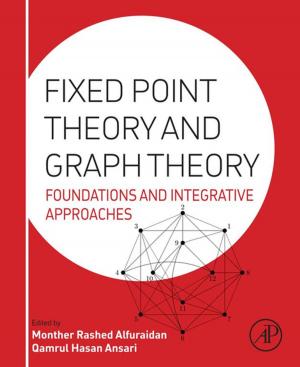Humane Interfaces
Questions of Method and Practice in Cognitive Technology
Nonfiction, Computers, Advanced Computing, Artificial Intelligence, Application Software, Business Software, General Computing| Author: | ISBN: | 9780080552132 | |
| Publisher: | Elsevier Science | Publication: | April 7, 1999 |
| Imprint: | North Holland | Language: | English |
| Author: | |
| ISBN: | 9780080552132 |
| Publisher: | Elsevier Science |
| Publication: | April 7, 1999 |
| Imprint: | North Holland |
| Language: | English |
Ever since the first successful International Cognitive Technology (CT) Conference in Hong Kong in August 1995, a growing concern about the dehumanising potential of machines, and the machining potential of the human mind, has pervaded the organisers' thinking. When setting up the agenda for the Second International CT Conference in Aizu, Japan, in August of 1997, they were aware that a number of new approaches had seen the light, but that the need to integrate them within a human framework had become more urgent than ever, due to the accelerating pace of technological and commercialised developments in the computer related fields of industry and research
What the present book does is re-emphasize the importance of the 'human factor' - not as something that we should 'also' take into account, when doing technology, but as the primary driving force and supreme aim of our technological endeavours. Machining the human should not happen, but humanising the machine should. La Humacha should replace the Hemachine in our thinking about these matters.
Ever since the first successful International Cognitive Technology (CT) Conference in Hong Kong in August 1995, a growing concern about the dehumanising potential of machines, and the machining potential of the human mind, has pervaded the organisers' thinking. When setting up the agenda for the Second International CT Conference in Aizu, Japan, in August of 1997, they were aware that a number of new approaches had seen the light, but that the need to integrate them within a human framework had become more urgent than ever, due to the accelerating pace of technological and commercialised developments in the computer related fields of industry and research
What the present book does is re-emphasize the importance of the 'human factor' - not as something that we should 'also' take into account, when doing technology, but as the primary driving force and supreme aim of our technological endeavours. Machining the human should not happen, but humanising the machine should. La Humacha should replace the Hemachine in our thinking about these matters.















